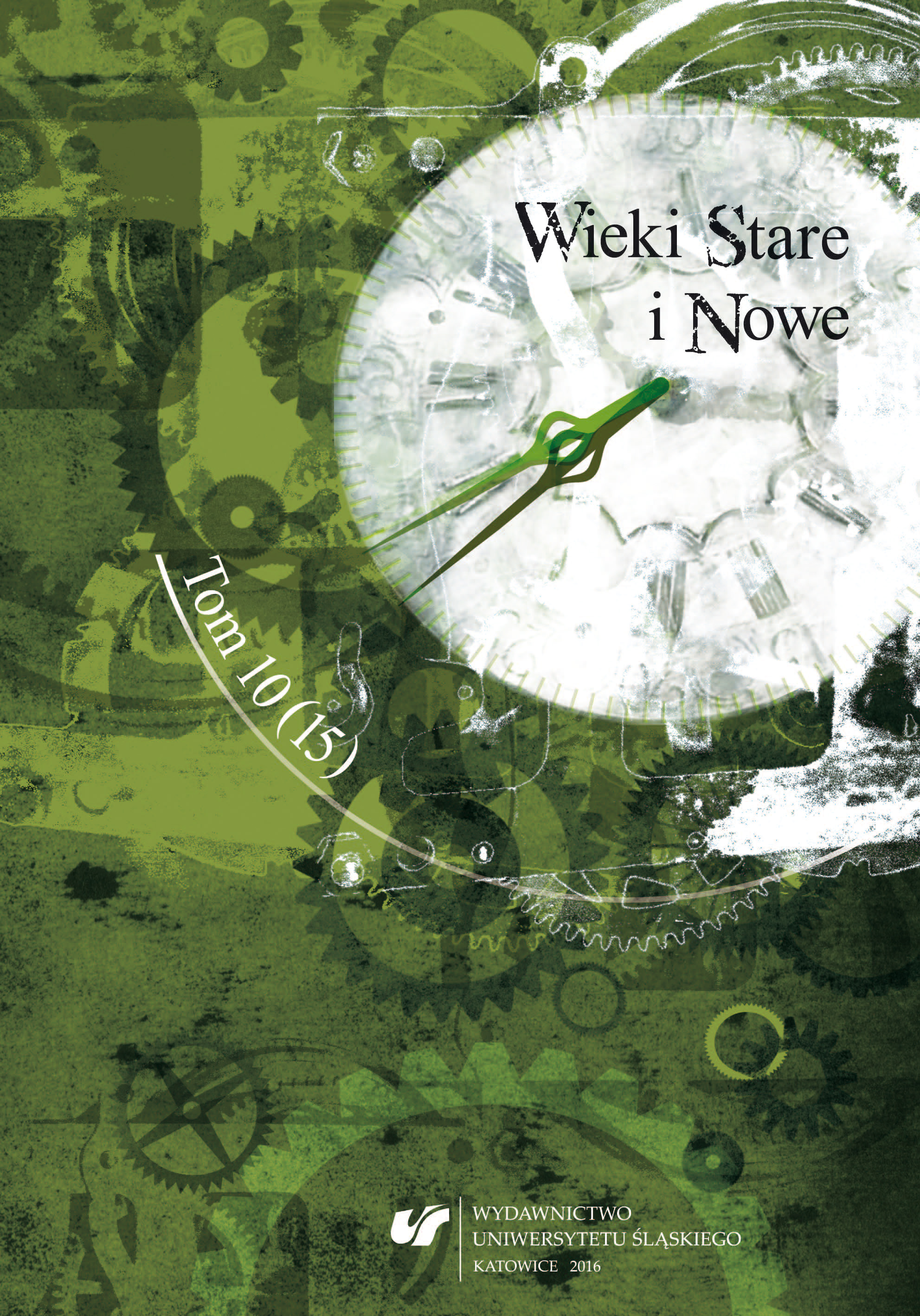
Ksiądz Józef Nierostek (1901—1943). Patriotyczny duszpasterz, redaktor i publicysta z Cieszyna
Father Józef Nierostek descended from the Polish worker family from Zaolzie. Since 1926 until the outbreak of World War II he worked as a priest in the Evangelical Augsburg parish in Cieszyn, first by perfoming the function of a curate and then of an auxiliary parish priest. He performed his activities among the Evangelical young people and among the scouts. He took part in charitable activities. In the 1930s he was the editor of the periodicals “Głos Młodzieży Ewangelickiej” [“The Voice of the Evangelical Youth”] (Wisła—Cieszyn) and “Poseł Ewangelicki” [“The Evangelical Legate”] (Cieszyn). He wrote anti-Hitler articles in these periodicals. In 1937 he published a school textbook devoted to the history of the Church which he wrote. Pastor Nierostek died in 1943 as a prisoner of the Majdanek concentration camp in Majdanek.
More...
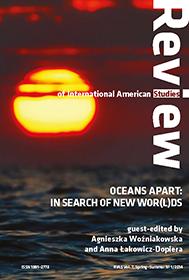
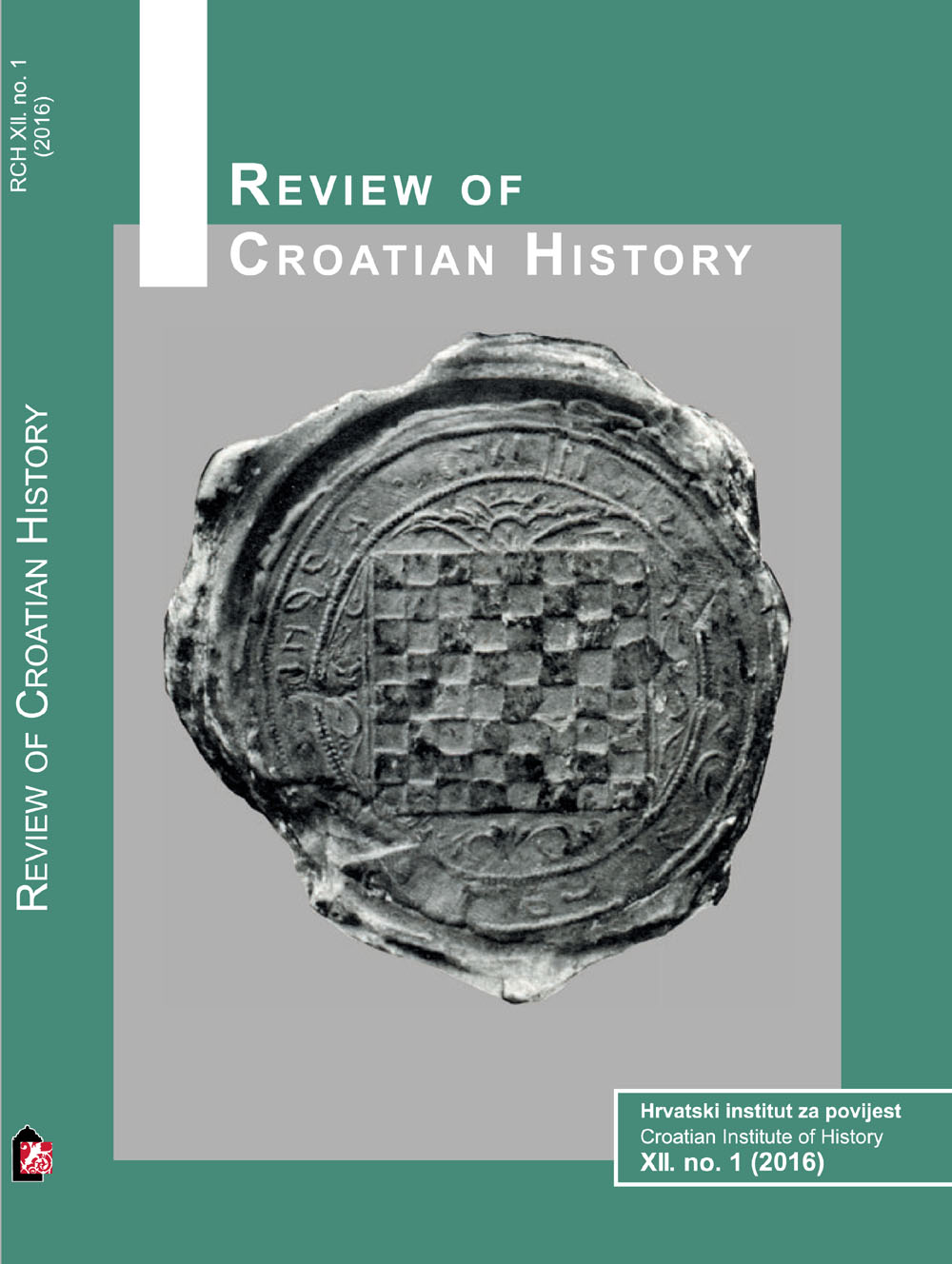
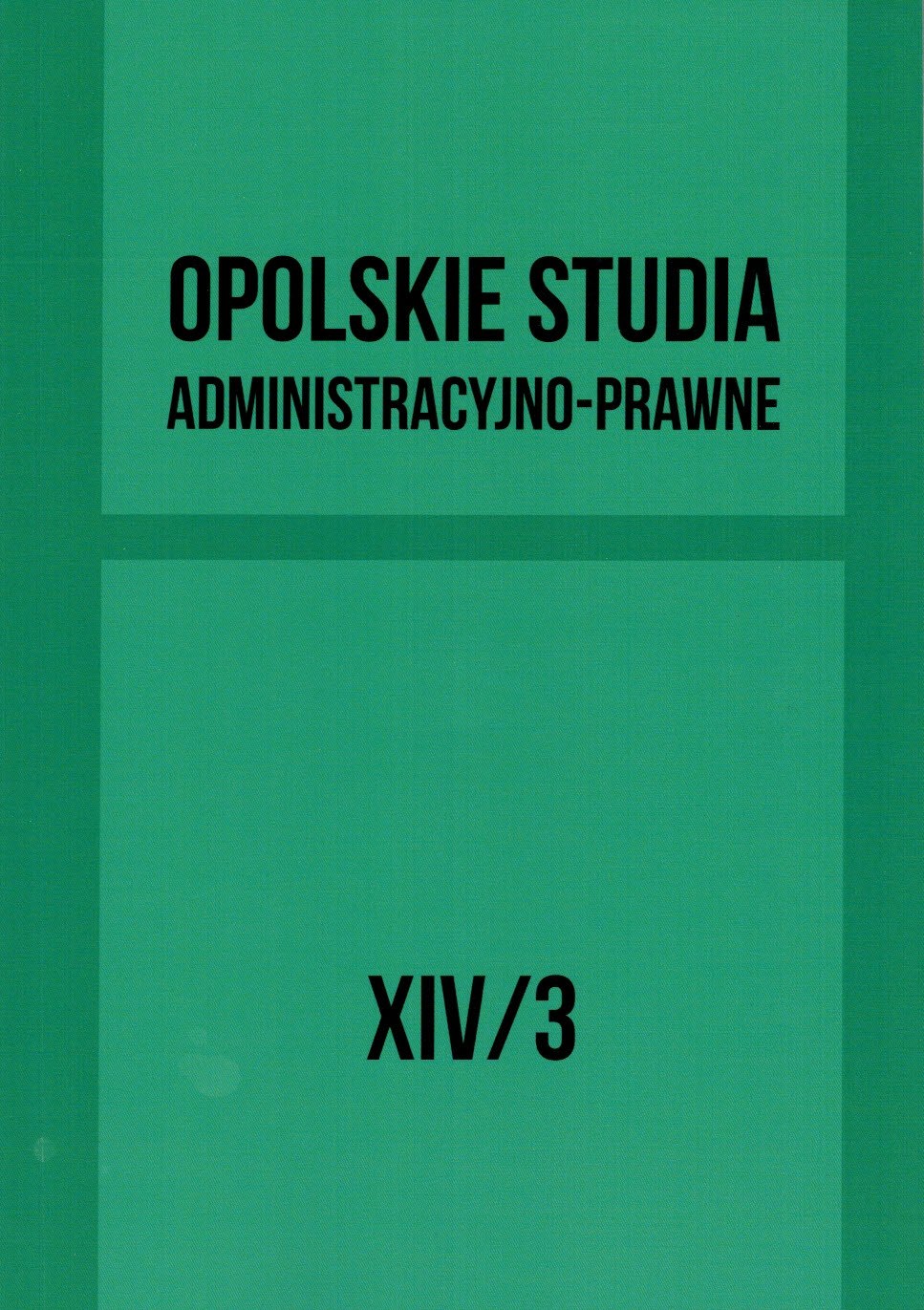
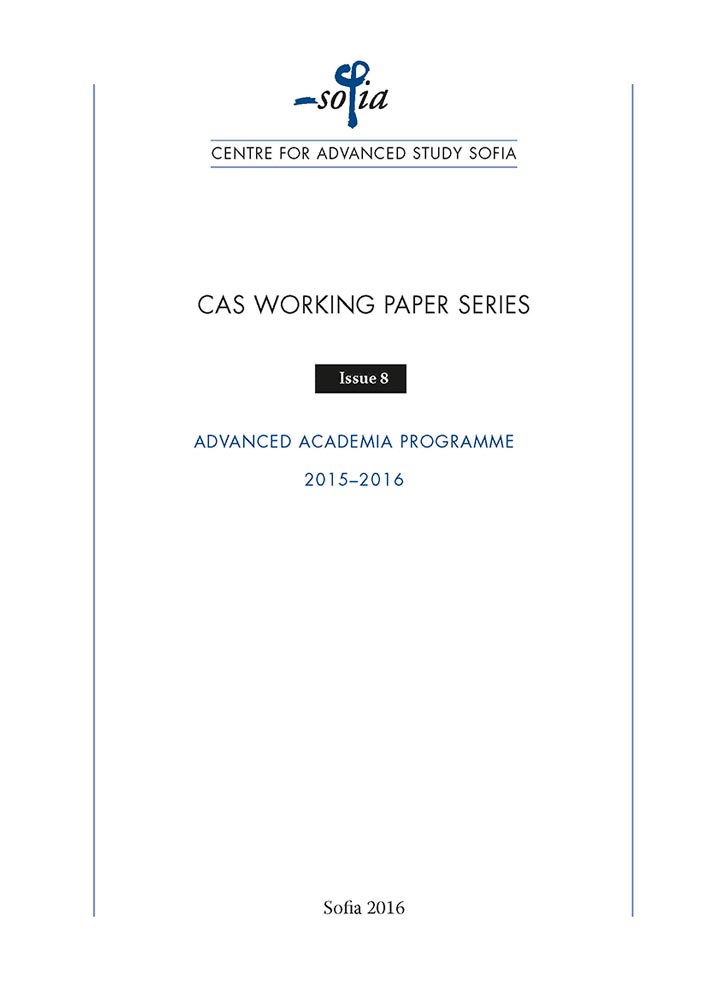
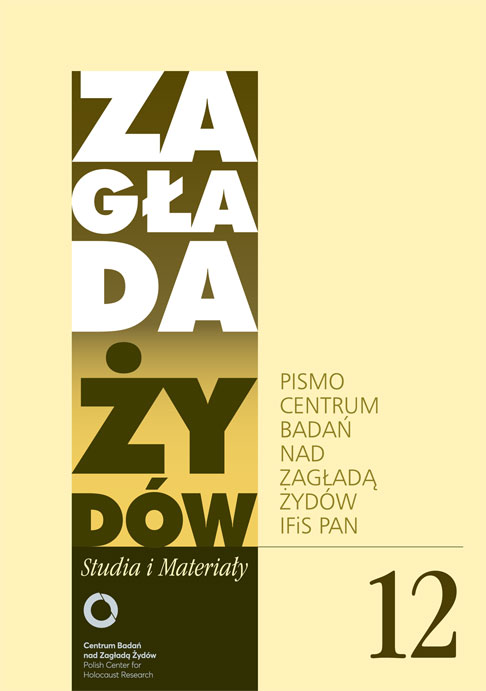
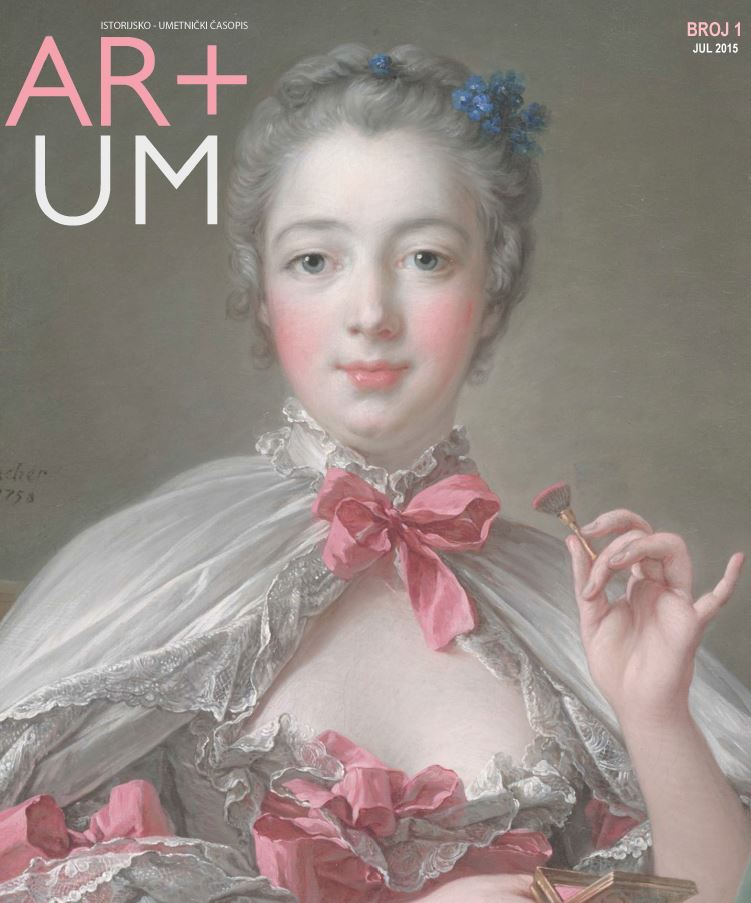
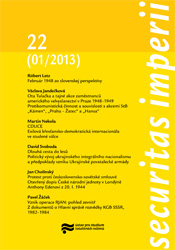
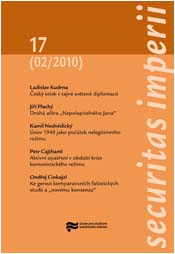
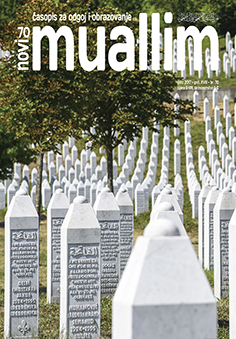
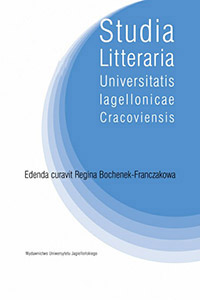
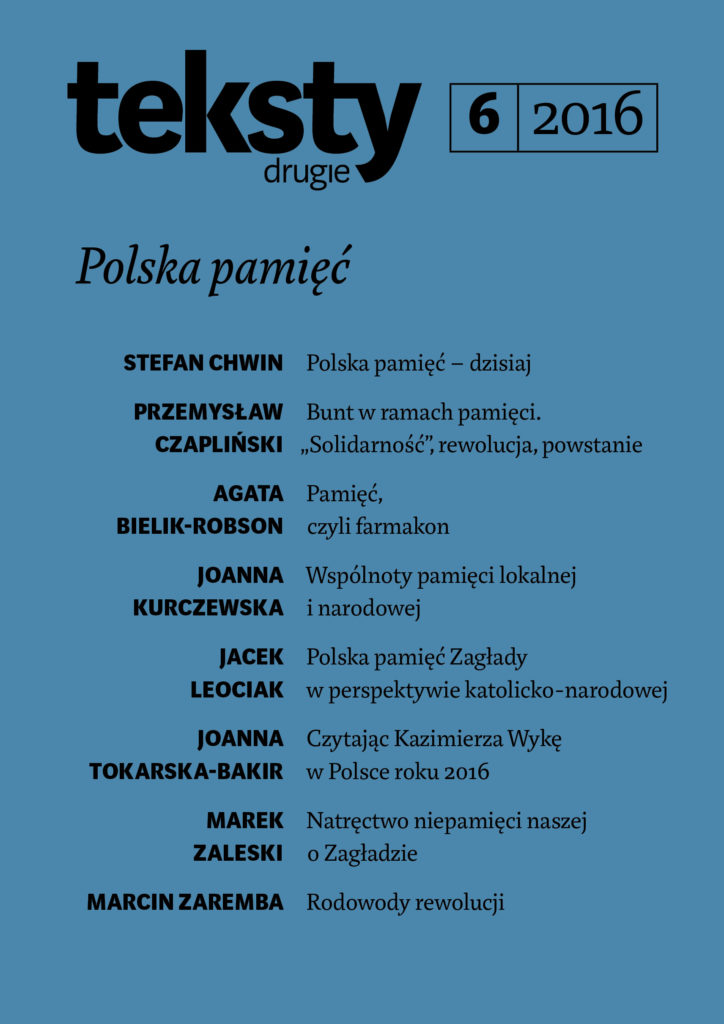
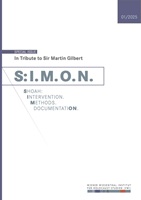
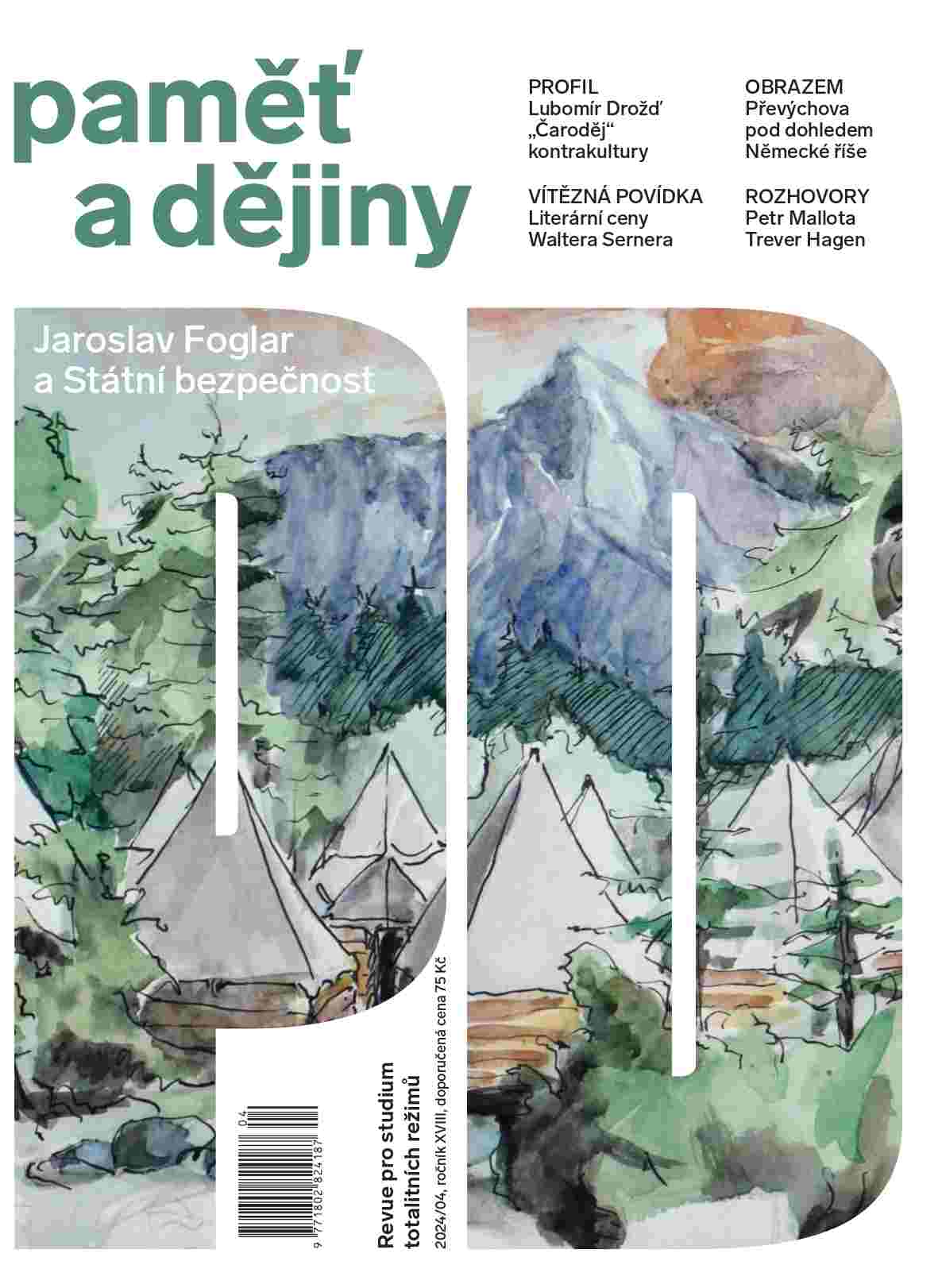
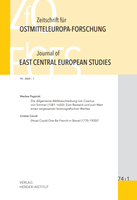
![Избежавшие возмездия: нацистские военные преступники в Австралии [Рец. на кн.: Persian J. Fascists in exile. Post-War displaced persons in Australia. London; New York, 2024]](/api/image/getissuecoverimage?id=picture_2024_88004.PNG)